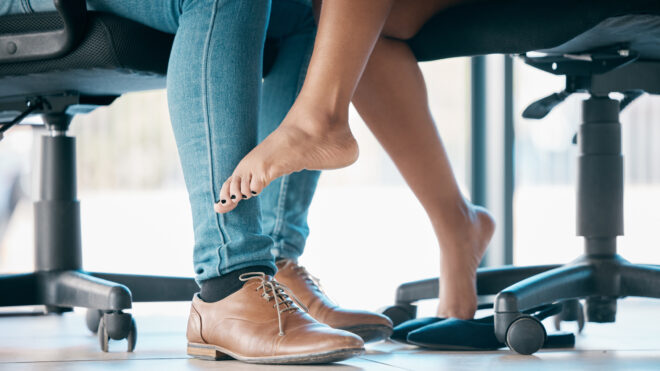We tend to think of conjunctivitis, or pink eye, as a bacterial or viral infection kids have to deal with, but adults can suffer from the irritating condition all too often, too! Pink eye, which typically makes eyes watery, red, itchy, and swollen, and may even be accompanied with a yellow/green discharge, is so common — especially among moms.
"It's likely that viral conjunctivitis is the most common, because of it is highly contagious," explains Gary Heiting, O.D., senior editor at AllAboutVision.com. "Viral pink eye often affects several people within families, and outbreaks frequently occur in schools and offices, where people are in close contact with each other and share objects (linens, bathrooms, desks, computers, etc.) Infection often occurs from the transfer of the virus from person to person when people rub their eyes, and then, shake hands with others or or transfer the virus to objects other people touch."
That said, there are ways to cope if you do come down with a bout of pink eye. Check out our eight best tips for battling a bout of conjunctivitis below, then tell us: What was the last time you had to fight off pink eye? What did you do to feel better?
Image via iStock.com/offstocker
Stay Home

Because it's just your eyes that are affected, you may be tempted to go out and about, but you'll do better to plant yourself on the couch. "Due to its highly contagious nature, people with pink eye should stay home from school or work until their symptoms have resolved to reduce the risk of spreading the infection to others," says Dr. Heiting.
Avoid Using Contacts
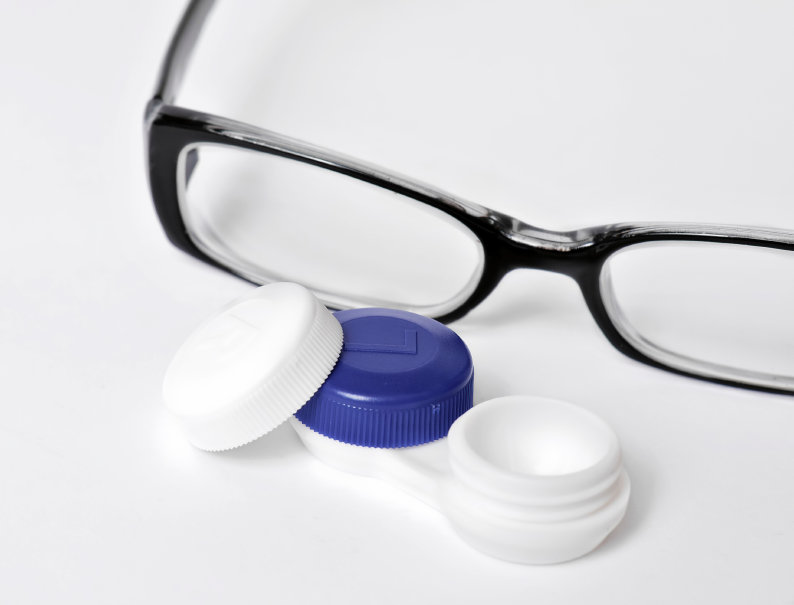
"A person who develops pink eye should discontinue wearing contact lenses until their symptoms have fully resolved, and discard the lenses and lens storage case they were using prior to and during onset of the infection," advises Dr. Heiting.
Stick to the Proper Treatment Protocol
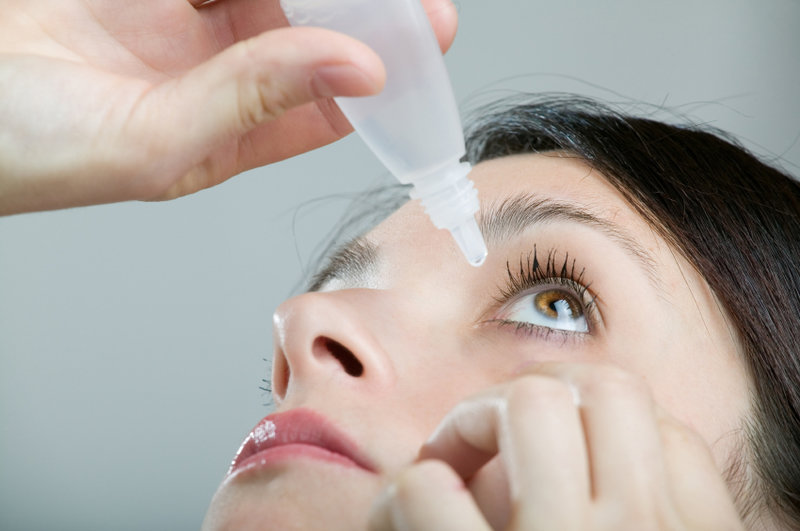
If your case is thought to be bacterial — generally related to staphylococcus (staph) or streptococcus (strep) infections — your doctor may prescribe antibiotic eye drops or ointment as conjunctivitis treatment. "Be sure to use as directed, and don't skip applications, even if your eyes are feeling better," says Dr. Heiting.
However, if your pink eye is viral, antibiotics won't help. The virus simply needs to run its course, which is up to two or three weeks. Viral pink eye usually begins in one eye, and then, infects the other eye within a few days.
Only serious cases, such as those caused by herpes simplex virus or varicella-zoster virus, will require an antiviral treatment, according to the Centers for Disease Control and Prevention.
Wipe Eyes the RIGHT Way
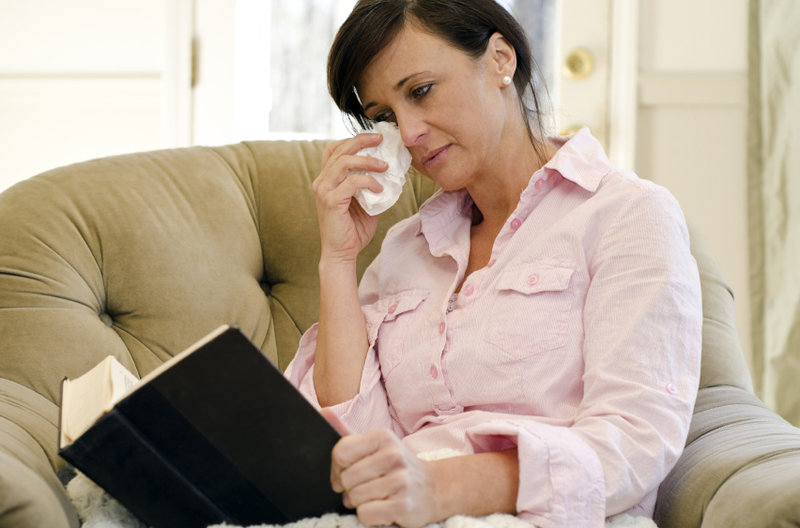
To prevent reinfection, clean your eye the right way. Wipe from the inside (next to your nose) toward the outside. Also, be sure to use a clean surface (in other words, another tissue) for each wipe, so that you don't wipe any drainage back across the eye.
Stop Wearing That Eye Shadow
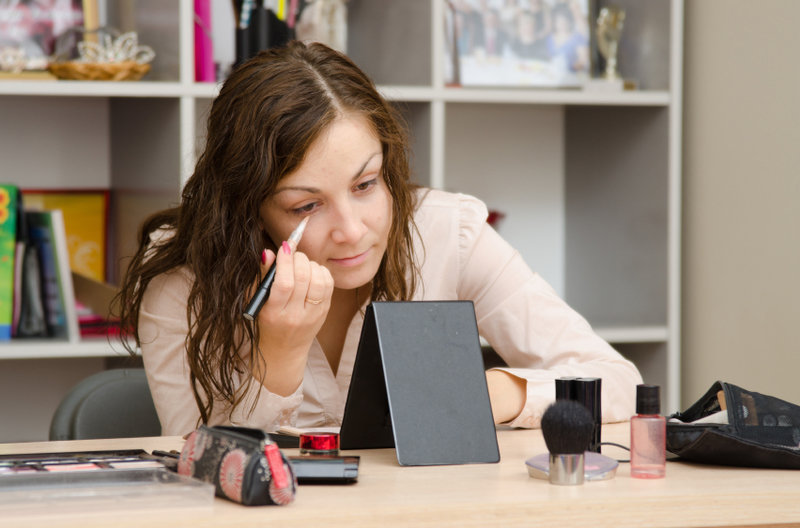
You may be inclined to cover up red, swollen lids with a swipe of pretty eye shadow, but that could only serve to make your infection worse! "Eye makeup worn just prior to the infection should be discarded," says Dr. Heiting. "And use of eye makeup should be avoided until symptoms have fully resolved."
Improve Its Appearance -- Gently!
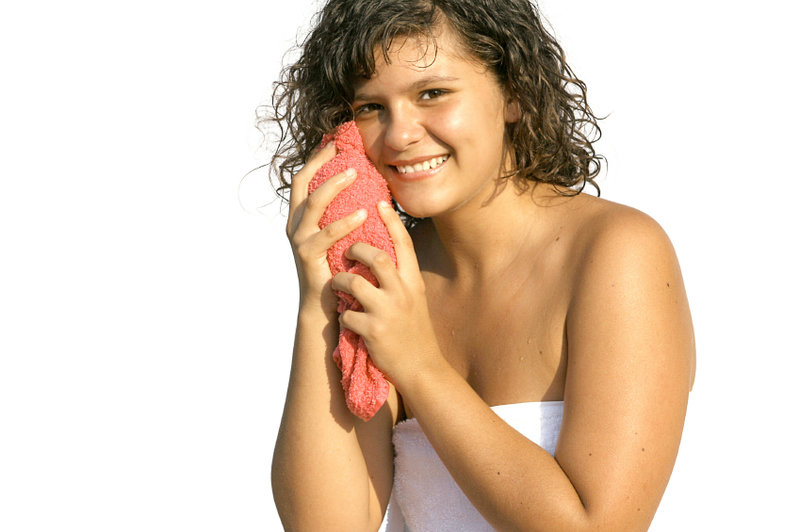
Eye makeup isn't an option, but you still want to look better? Fair enough. "Apply cold or warm compresses to reduce eyelid swelling, but don’t let others use the same washcloth afterward, and use a clean washcloth each time," advises Dr. Heiting.
Warm compresses tend to be more effective for cases caused by a viral or bacterial infection, whereas pink eye linked to an allergen is more easily calmed with a cold compress, he explains.
Don't Share Anything
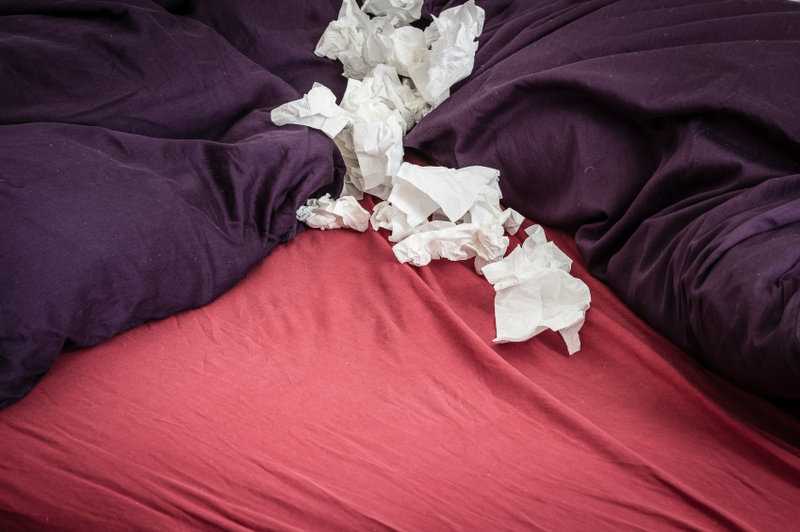
Makeup and washcloths are obviously out of the question when it comes to sharing, but so too are tissues, hand towels, or really anything that could potentially pass pink eye onto someone else in the family. There's no such thing as being too cautious: "If you wipe your eye with a tissue, discard it immediately," says Dr. Heiting.
Do a Salt Water Wash

Get some relief by mixing distilled water preferably (though tap will do) with salt for a soothing salt water eye rinse. To do: Boil a cup of water with one half teaspoon of salt. Let the solution cool completely before using an eye dropper to apply it to the affected eye(s). This can be done a few times a day.



